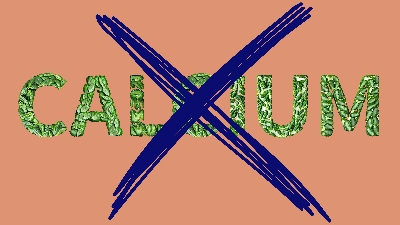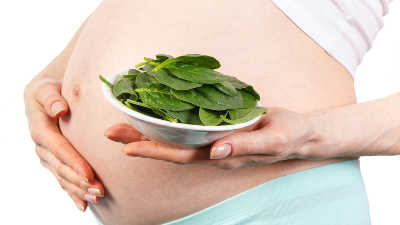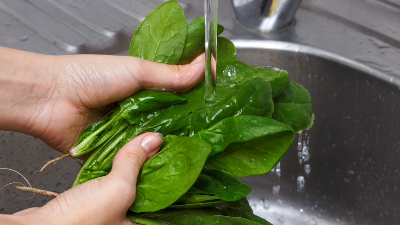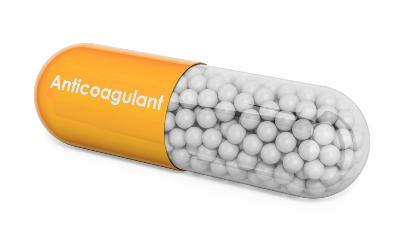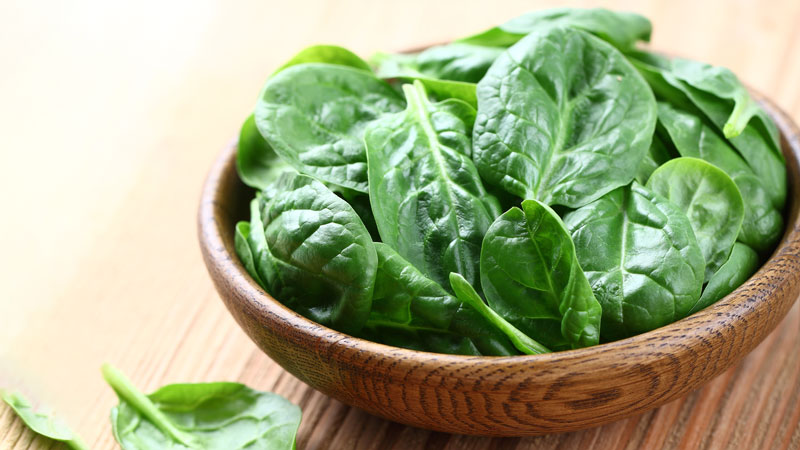 Spinach is often referred to as a superfood due to its high nutrition density. For instance, it is loaded with vitamin K, it has very generous amounts of beta-carotene (vitamin A precursor) and manganese, and it offers us a good amount of magnesium, folate, potassium, iron, riboflavin, and so many more! It’s also a great source of eye carotenoid superstars lutein and zeaxanthin.
Spinach is often referred to as a superfood due to its high nutrition density. For instance, it is loaded with vitamin K, it has very generous amounts of beta-carotene (vitamin A precursor) and manganese, and it offers us a good amount of magnesium, folate, potassium, iron, riboflavin, and so many more! It’s also a great source of eye carotenoid superstars lutein and zeaxanthin.
But spinach has a dark side, an incredibly high amount of oxalates. Oxalates bind to calcium and can cause kidney stones. For this reason, anyone with underlying kidney conditions should minimize their spinach intake or avoid it altogether.
When eaten in moderation, spinach is considered safe for healthy individuals, including adults, pregnant people, children, and babies who are over 8 months old. It’s also safe in moderation for healthy cats and dogs.
Spinach Nutrition Calculator
Take a look at all the nutrients you and your family can get with one portion with our Personalized Nutrition Calculator!
Nutrition needs vary according to age, sex, and whether women of reproductive age are pregnant or breastfeeding. Fill out the form below for yourself and for your family members to get a clear idea of the nutrition you can all get from one portion of raw or cooked spinach.*
* Calculated as a percentage of the Recommended Daily Allowances (RDAs) as established by the U.S. Department of Agriculture and the U.S. Department of Health and Human Services. Based on spinach nutritional information provided by the U.S. Department of Agriculture.
** Though 1 cup of raw spinach contains an average of 29.7 mg of calcium and 1 cup of cooked spinach contains an average of 245 mg of calcium, we are unable to absorb this calcium due to the high oxalate content in spinach. See details under the Interesting Facts section below.
How Spinach Supports Our Body
Spinach is one of the most nutrient dense foods out there, so it is no surprise that spinach can have a lot of health benefits for every family member. Just remember to eat it in moderation to avoid kidney complications due to high oxalate levels.
Hover over each pointer below to see how vitamin K aids each body part and function. Click on a pointer to visit that body part’s interactive page with further information about the nutrients it needs to thrive, the best whole-food plants to find them, and some interesting facts.

Our Eyes
Spinach has a high content of vitamin A and riboflavin, both needed for normal vision. Riboflavin may help prevent cataracts. Spinach is also rich in lutein and zeaxanthin, two carotenoids that help prevent macular degeneration due to age, including cataracts.Our Early Development
Spinach is a fantastic source of folate, which is very important during embryo and fetal development. The iron in spinach also contributes to healthy brain development and growth in children, and riboflavin is needed for normal development.Our Muscles
The iron in spinach supports the transportation and storage of oxygen in our muscle tissues and magnesium helps regulate muscle function.Our Cells
Spinach can support our cells’ growth, development and function with its vitamin C, vitamin A, and thiamin.Our Red Blood Cells
The iron and riboflavin in spinach promotes the production of healthy red blood cells, which transport oxygen to all parts of our body. Plus, spinach is a good source of vitamin C, which helps us absorb plant-based iron better!Our Heart
Spinach is great for our heart health. Vitamin K helps us prevent the calcification and hardening of heart arteries. Its magnesium could contribute to reducing the risk of sudden cardiac death. Folate helps us break down homocysteine, an amino acid that can cause cardiovascular disease. Thiamin deficiency has been linked to heart failure and spinach is a good source of thiamin.Our Blood Clotting
The vitamin K in spinach helps us make the proteins needed for blood clotting, which is important for healing our wounds.Our Immunity
Spinach can help us neutralize free radicals that could lead to cancer with antioxidants like vitamin C, vitamin A, riboflavin, and manganese. Vitamin A and folate can also support the production of white blood cells.Important Things to Know
Hover over each of the facts below to flip the tiles and learn more details!
Spinach vs Other Dark Greens
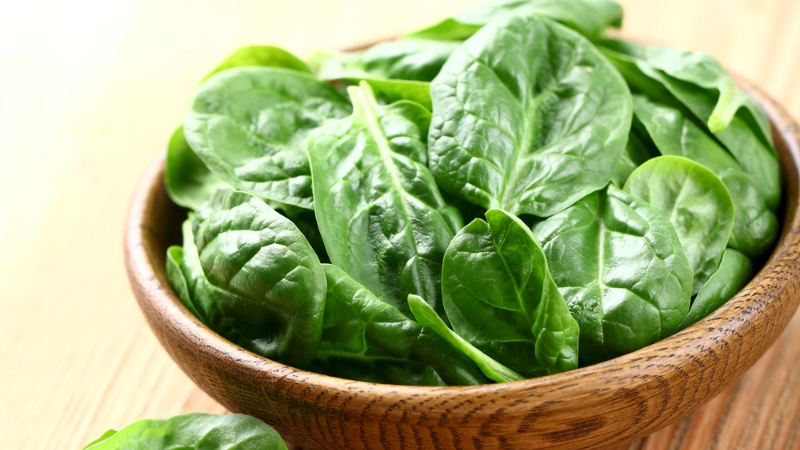
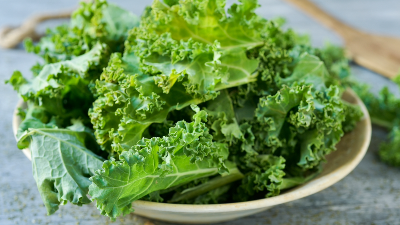
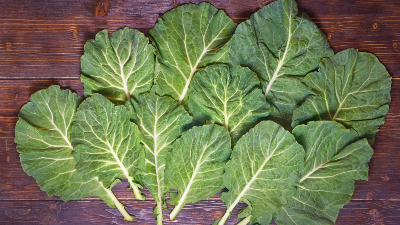
References

